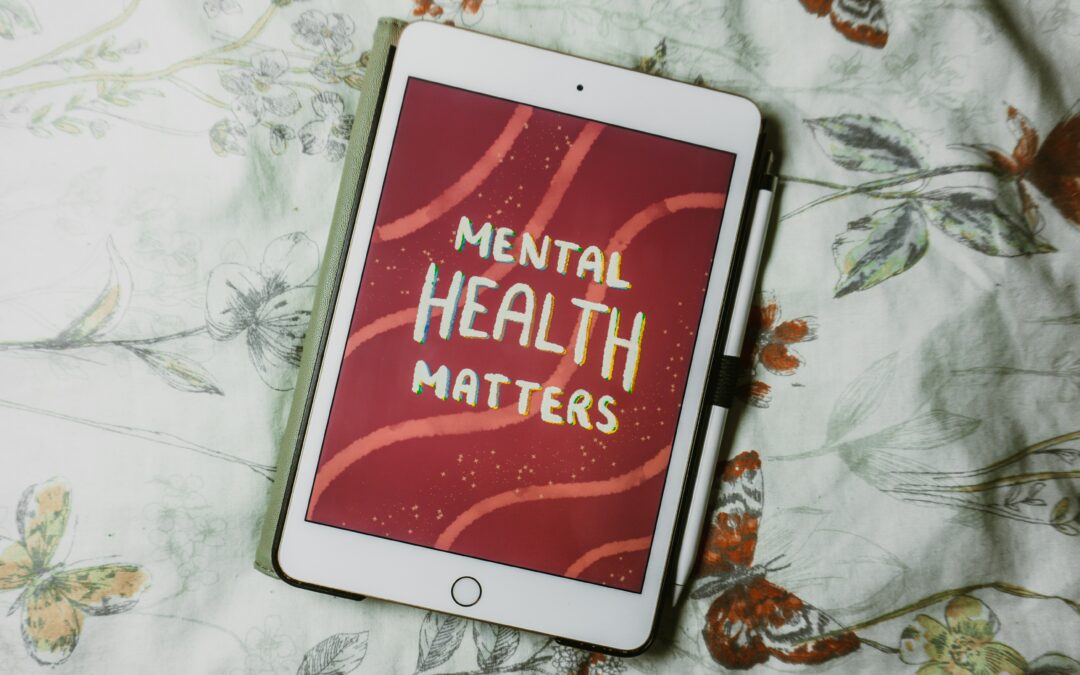Living with eczema can take a toll not only on your skin but also on your emotional well-being. The persistent itch, discomfort, and flare-ups often lead to more than just physical irritation—they can affect your mental health, too.
At NALA, we understand that managing eczema is about more than skincare routines. It’s about recognizing the deep connection between your skin and your mental wellness.
The Eczema-Stress Cycle
One of the most well-known links between eczema and mental health is the stress-eczema cycle. Stress can worsen eczema symptoms, leading to flare-ups that are not only physically uncomfortable but also emotionally draining. In turn, the appearance and sensation of eczema can increase stress levels, creating a vicious cycle.
Studies show that stress triggers the release of cortisol, a hormone that can weaken your skin’s barrier and increase inflammation. This makes your skin more susceptible to flare-ups. Breaking this cycle involves not only treating the skin but also managing stress through mindfulness, relaxation techniques, and mental health support.
Anxiety and Depression: A Hidden Burden
Living with a chronic condition like eczema can make daily life more challenging, leading to feelings of anxiety and depression. Constant itchiness, visible flare-ups, and discomfort can affect self-esteem and social interactions. Many individuals with eczema report feelings of embarrassment or frustration, especially during flareups. The psychological impact of eczema is often underestimated, but it can be significant.
In fact, research suggests that people with eczema are more likely to experience mental health challenges, including depression and anxiety. This makes it all the more important to care for both your skin and your mind. If you’re feeling overwhelmed by your eczema, it’s essential to reach out to a healthcare professional who can offer guidance and support.
Sleep and Eczema
Eczema can also interfere with one of the most important aspects of mental health—sleep. Many people with eczema struggle with nighttime itching and discomfort, which leads to poor sleep quality. Over time, sleep deprivation can negatively impact your mood, energy levels, and overall mental health.
To improve sleep, consider incorporating habits that soothe both your skin and mind. A warm (but not hot) bath, followed by a gentle moisturizer, can help ease itching before bed. Pair this with relaxation techniques like deep breathing or meditation to calm your mind for better rest.
Coping Strategies for Mental Health and Eczema
While eczema can be frustrating, there are several strategies you can adopt to care for both your skin and mental health:
1. Mindfulness and Relaxation: Practices such as meditation, yoga, or journaling can help manage stress and improve your mental health. These practices can break the eczema-stress cycle, providing relief not only for your skin but also for your emotional well-being.
2. Seeking Support: It’s essential to talk about your experience with friends, family, or a support group. Sometimes, sharing your challenges can relieve some of the emotional weight.
3. Therapy and Counseling: For those dealing with anxiety, depression, or severe stress, professional counseling or therapy can be incredibly beneficial. Cognitive Behavioral Therapy (CBT), in particular, has been shown to help individuals manage stress and eczema simultaneously.
4. Create a Skincare Routine That Works for You: Having a consistent routine tailored to your skin’s needs can help reduce flare-ups and improve your overall sense of control over your condition. Knowing that you’re actively managing your skin can alleviate some of the stress that eczema brings.
Final Thoughts
The link between eczema and mental health is undeniable. By addressing both aspects of your health—your skin and your mind—you can work towards long-term relief. Remember, managing eczema is a journey, and it’s important to be kind to yourself along the way. NALA is here to support you, offering expert advice and practical solutions to help you achieve healthier skin and a balanced mind.
For more tips and personalized support, explore the resources available on the NALA blog. We’re committed to helping you every step of the way. Don’t forget to download and use your NALA app as well.


